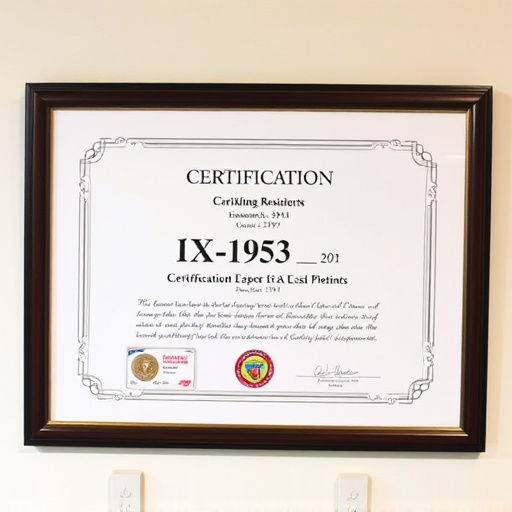Modern vehicles' disposable filter intake systems are crucial for engine health and performance, requiring regular replacement (every 15,000-30,000 miles) to prevent clogs that harm airflow and fuel efficiency. While traditional paper filters have long been standard, a growing demand for sustainability has driven the development of synthetic alternatives that offer enhanced durability, longer lifespans, and superior protection against contaminants. However, paper filters remain more environmentally friendly due to their renewability and recyclability, despite higher upfront costs, as they reduce overall spending on disposable filter intake systems replacement over time.
In today’s quest for sustainable solutions, understanding the nuances between traditional paper and synthetic materials is paramount, especially in the context of disposable filter intake systems. This article delves into the heart of this debate by offering a comprehensive overview of disposable filter intake systems, exploring the rise of synthetic alternatives, and comparing their sustainability. By examining environmental impacts and long-term costs, readers will gain valuable insights for making informed decisions regarding effective and eco-friendly replacements.
- Understanding Disposable Filter Intake Systems: An Overview
- The Rise of Synthetic Alternatives: Benefits and Features
- Comparing Sustainability: Environmental Impact and Long-Term Costs
Understanding Disposable Filter Intake Systems: An Overview

Disposable filter intake systems, commonly found in many vehicles, play a vital role in maintaining optimal engine performance and efficiency. These systems are designed to regulate the flow of air into the engine, ensuring a steady and clean supply for combustion. The primary component is a paper or synthetic filter that traps airborne contaminants like dust, dirt, pollen, and other particles larger than the specified micron size. Regular replacement is crucial to maintain the system’s effectiveness, as clogged filters can restrict airflow, reducing engine power and fuel efficiency.
These disposable filters are easy to install and often come pre-fitted in new vehicles or as standard equipment for routine maintenance. They offer a convenient solution for drivers, providing quick access to affordable replacements when needed. Unlike reusable filters, which require cleaning or swapping out less frequently, disposable intake systems demand timely replacement, typically every 15,000 to 30,000 miles or as recommended by the vehicle manufacturer. This regular maintenance ensures the engine stays protected against debris build-up, contributing to better overall performance and extending the lifespan of the system.
The Rise of Synthetic Alternatives: Benefits and Features

In recent years, the demand for sustainable and eco-friendly alternatives to traditional paper products has surged. This shift is largely driven by consumers’ growing awareness of environmental issues and their desire to reduce their carbon footprint. One area that has seen significant innovation is disposable filter intake systems replacement, with synthetic materials emerging as viable substitutes for paper.
Synthetic alternatives offer a range of benefits over paper, particularly in terms of durability and functionality. These new materials are designed to be more robust, ensuring they can withstand the rigors of daily use without tearing or absorbing liquids. This enhanced durability translates into longer-lasting products, reducing frequent replacements typically needed with paper filters. Moreover, synthetic intake systems often boast advanced filtering capabilities, providing better protection against bacteria and contaminants, making them a healthier choice for consumers. With their superior performance and environmental benefits, these synthetic options are rapidly gaining popularity as the go-to replacement for disposable filter intake systems.
Comparing Sustainability: Environmental Impact and Long-Term Costs

When comparing paper and synthetic materials, especially in the context of disposable filter intake systems, sustainability becomes a key consideration. The environmental impact of each option is vastly different, with paper being generally more eco-friendly due to its renewable nature and potential for recycling. On the other hand, synthetics often end up as non-biodegradable waste, contributing to pollution and filling landfills over time.
Long-term costs also play a significant role in this discussion. While initial costs for synthetic materials might be lower, their persistent use results in cumulative expenses from frequent replacements. Conversely, paper products, though sometimes more expensive upfront, offer a more cost-effective solution in the long run as they can be reused and recycled multiple times before disposal, reducing overall spending on disposable intake systems like filters.
When considering the best option for your needs, both disposable filter intake systems and synthetic alternatives offer unique advantages. While traditional disposables are convenient and readily available, synthetic materials present a more sustainable and potentially cost-effective long-term solution. By exploring the environmental impact and innovative benefits of synthetic alternatives, individuals can make informed decisions regarding their disposable filter intake system replacement, contributing to both personal well-being and global sustainability efforts.














